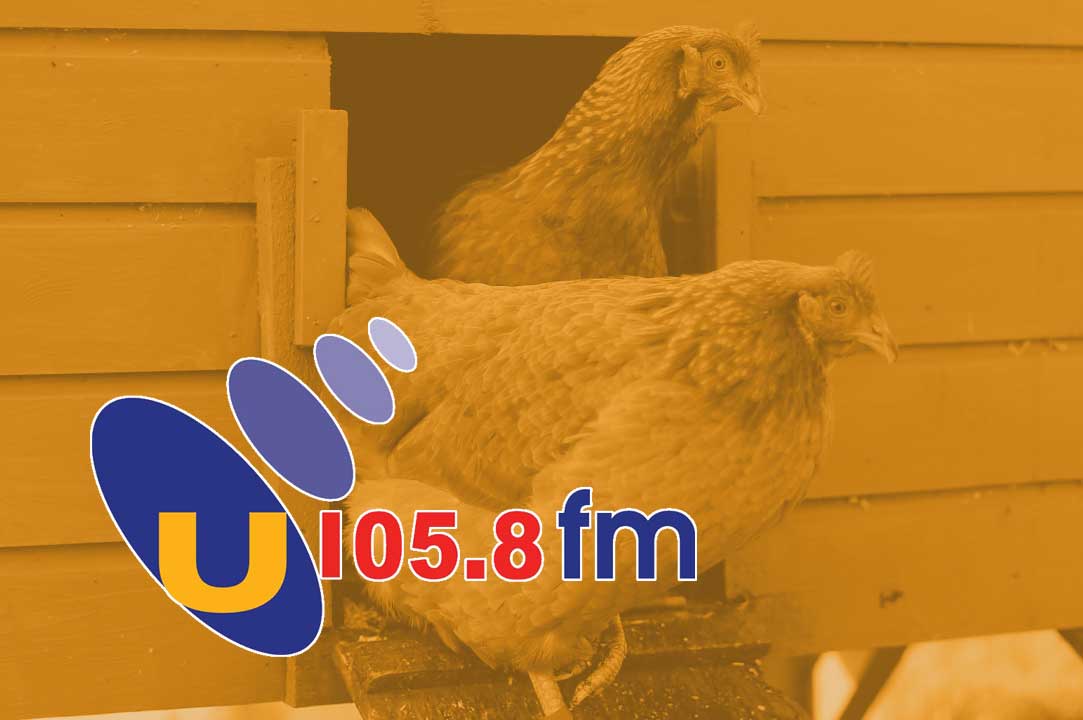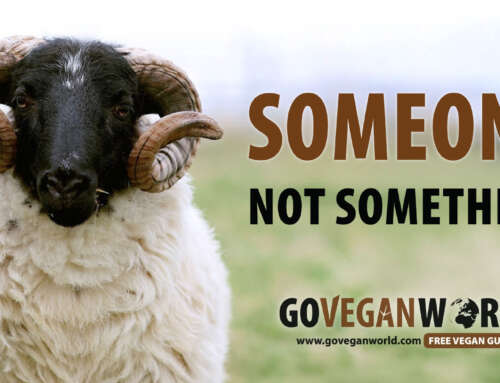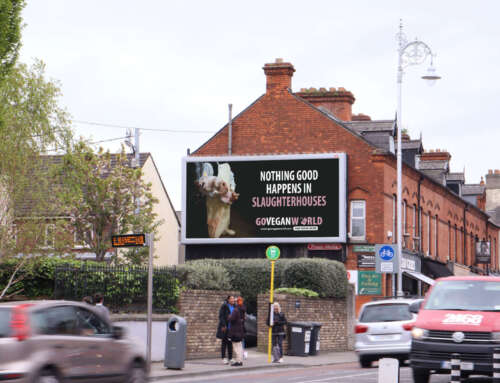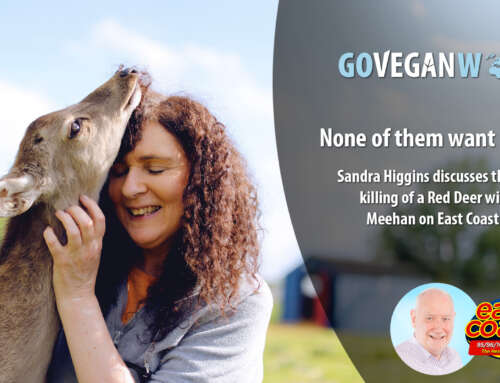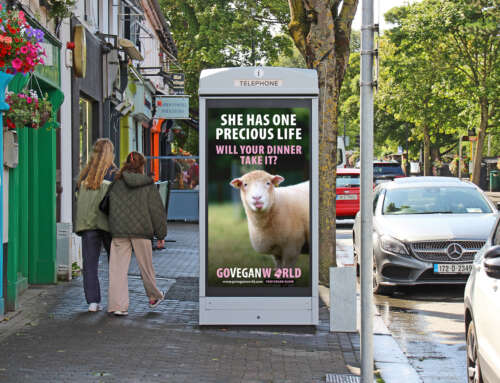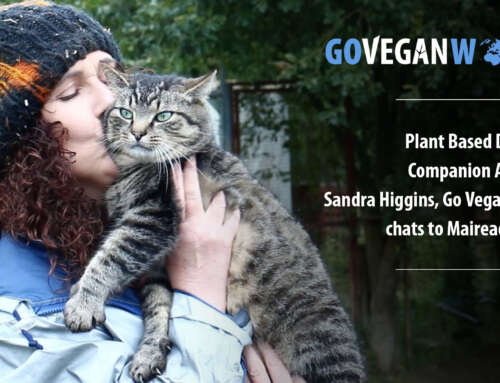Animal Rights is a serious social justice issue, the most serious social justice issue of our time for the trillions of animals we kill every year. All life is interconnected. As a result, animal rights and veganism are not only our moral obligation; they are essential for the survival and wellbeing of human life.
The breeding, use and killing of non human animals is one of the worst atrocities humans have ever engaged in. Witnessing what we do to them causes us symptoms of trauma, as well as the more usual reactions of denial and defensiveness that are common when humans are faced with facts that are overwhelming and anxiety provoking. If the mere witness of this atrocity provokes such a strong response from us, we can only begin to imagine what they experience given that they are as aware of themselves, their feelings and their lives as we are. In addition, it is a fact that we have entered the Sixth Great Extinction of life on earth. In 2018 the most dire warnings ever were issued on the human need to change how we live if we are to avoid devastation.
Yet, instead of routinely educating the public by accurately reporting on animal rights as a social justice issue and the concomitant moral imperative to be vegan, as is the responsibility of the media, the issue is still regarded as newsworthy only if it is sensationalised and trivialised. This level of reporting is an insult to public intelligence and treats them as if this extremely serious issue that is our right to be informed of, has to be sugared to make our moral duty palatable.
An example is the Channel 4 Dispatches documentary on animal rights and veganism, released on 2nd January last. It highlighted the sensationalist and very small number who are regarded as the spokespeople of animal rights in the UK. Despite their intentions, educating people about veganism and animal rights is more effective at the mundane level of engaging in rational communication that achieves the aim of informing and reminding people that other animals share our capacity for physical and emotional feelings, that they value their lives, and that they share our right not to be owned, used or killed.
Frank Mitchell’s opening question to Sandra Higgins, Director of Go Vegan World, in this morning’s radio interview was why Go Vegan World was not included in the Channel 4 Dispatches documentary on veganism. Sandra Higgins gives her opinion on why well informed, rational advocates are excluded from the most high-profile media coverage of animal rights and she states her opinion on how we need to move the conversation to a new level where the rights of other animals and our responsibility to them and to ourselves to be vegan is taken seriously.
In an attempt to give a fair hearing to both sides, the interview with Sandra Higgins was followed by a discussion representing animal agriculture. It is very important that animal rights advocacy and vegan education do not stoop to the level of farmer bashing. As Sandra noted in her interview, farmers are merely supplying the public demand for products that entail the unnecessary use and killing of non-human animals. However, both the interview with the farmer and the Channel 4 documentary highlight the need for more rational vegan education. It is vital that humans come to understand that we cannot claim to respect other animals and, at the same time, condone owning and killing them. We are not superior to other animals and we do not have the right to own or use them regardless of how well we treat them prior to killing them. Their lives and bodies are not ours to use.
There is a change in the way in which animal rights and veganism are being perceived in public. The recent example of Piers Morgan‘s reaction to the market launch of the Gregg’s plant-based sausage roll is a case in point. Piers Morgan is known for his anti-vegan attitude. But this time he played right into the hands of vegans and the manufacturers of plant foods, in what is increasingly being seen as a mainstream way of living.
It is vital for anyone engaged in vegan education to continually examine their own inherited speciesism, their understanding of animal rights, and to be well informed about how selective breeding and human supremacy and dominance of other life have left a legacy of disaster for individual non-human animals and for humans, a disaster that is based entirely on the human belief in the myth of supremacy, and our disregard for others if our profit or convenience are in any way threatened.

